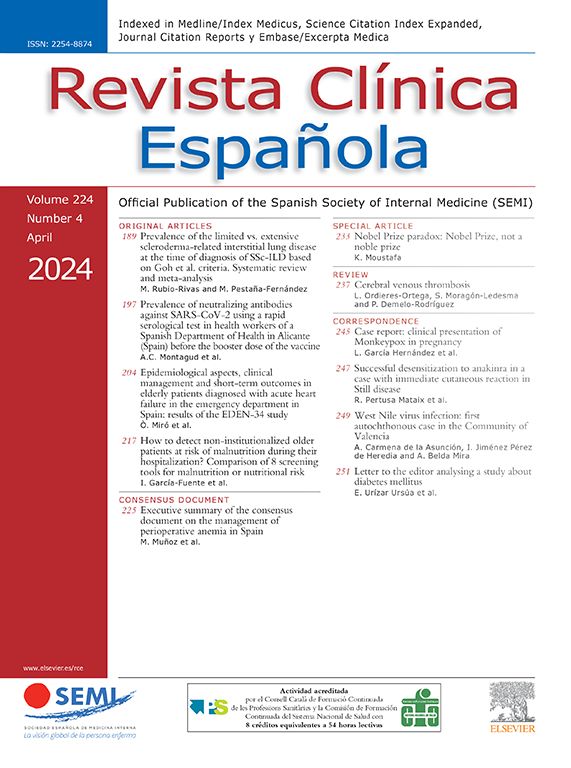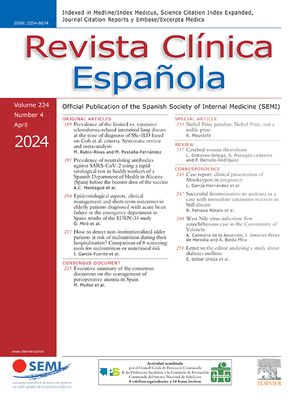El empuje de los nuevos anticoagulantes con la aparición de los resultados de sus ensayos clínicos, está empezando a cuestionar la hegemonía de los dicumarínicos y la heparina en el mundo de la anticoagulación de los últimos cincuenta años. Esta nueva familia de fármacos ha demostrado seguridad y eficacia respecto a la warfarina y las heparinas de bajo peso molecular en las distintas facetas de la anticoagulación, tanto en la profilaxis (prótesis de cadera y rodilla) como en el tratamiento (fibrilación auricular y enfermedad tromboembólica venosa). En cuanto a la comodidad, se le presupone superioridad respecto a sus predecesores, aunque no queda demostrado que eso se traduzca en adhesión al tratamiento cuando analizamos los datos profundamente. Otro inconveniente de estos tratamientos es el precio, faceta de gran importancia en los últimos años y que sólo resultaría rentable si lo comparamos con el gasto que supone la consulta especializada de control de rango de anticoagulación con los dicumarínicos, existente en los hospitales. Por último, no podemos olvidar todas las poblaciones que fueron excluidas de los ensayos clínicos, que serían el bastión más difícil de rebasar por parte de los nuevos anticoagulantes y la piedra angular para justificar el mantenimiento de la heparina o los dicumarínicos según el caso. En este artículo realizamos un análisis más detallado de estos argumentos para hacer una reflexión en voz alta sobre la jubilación anticipada de los clásicos de la anticoagulación.
The boost given to the new anticoagulants by the results of clinical trials is beginning to jeopardize the hegemony of coumadin and heparin therapy, the cornerstone of anticoagulation in the last 50 years. The safety and effectiveness of this new drug family with respect to warfarin and low-molecular weight heparin in the different facets of anticoagulation has been demonstrated, both in prophylaxis (total hip and knee replacement) and in treatment (atrial fibrillation and venous thromboembolic disease). These agents seem to offer superior convenience compared with their predecessors, although it is not clear whether this translates into greater treatment adherence when the data are analyzed in depth. Another drawback of these agents is their price, a consideration of major importance in the last few years, and which would only be offset by savings in the cost of the routine blood monitoring required for coumadin agents, available in hospitals. Finally, the populations excluded from the clinical trials should not be forgotten, as they are the last obstacle to be overcome and the basis for justifying the maintenance of heparin or coumadin therapy, depending on the case. The present article provides a more detailed analysis of these arguments, which serve as the basis for a reflection on the early retirement of classical anticoagulants.
Article
Diríjase desde aquí a la web de la >>>FESEMI<<< e inicie sesión mediante el formulario que se encuentra en la barra superior, pulsando sobre el candado.

Una vez autentificado, en la misma web de FESEMI, en el menú superior, elija la opción deseada.

>>>FESEMI<<<





